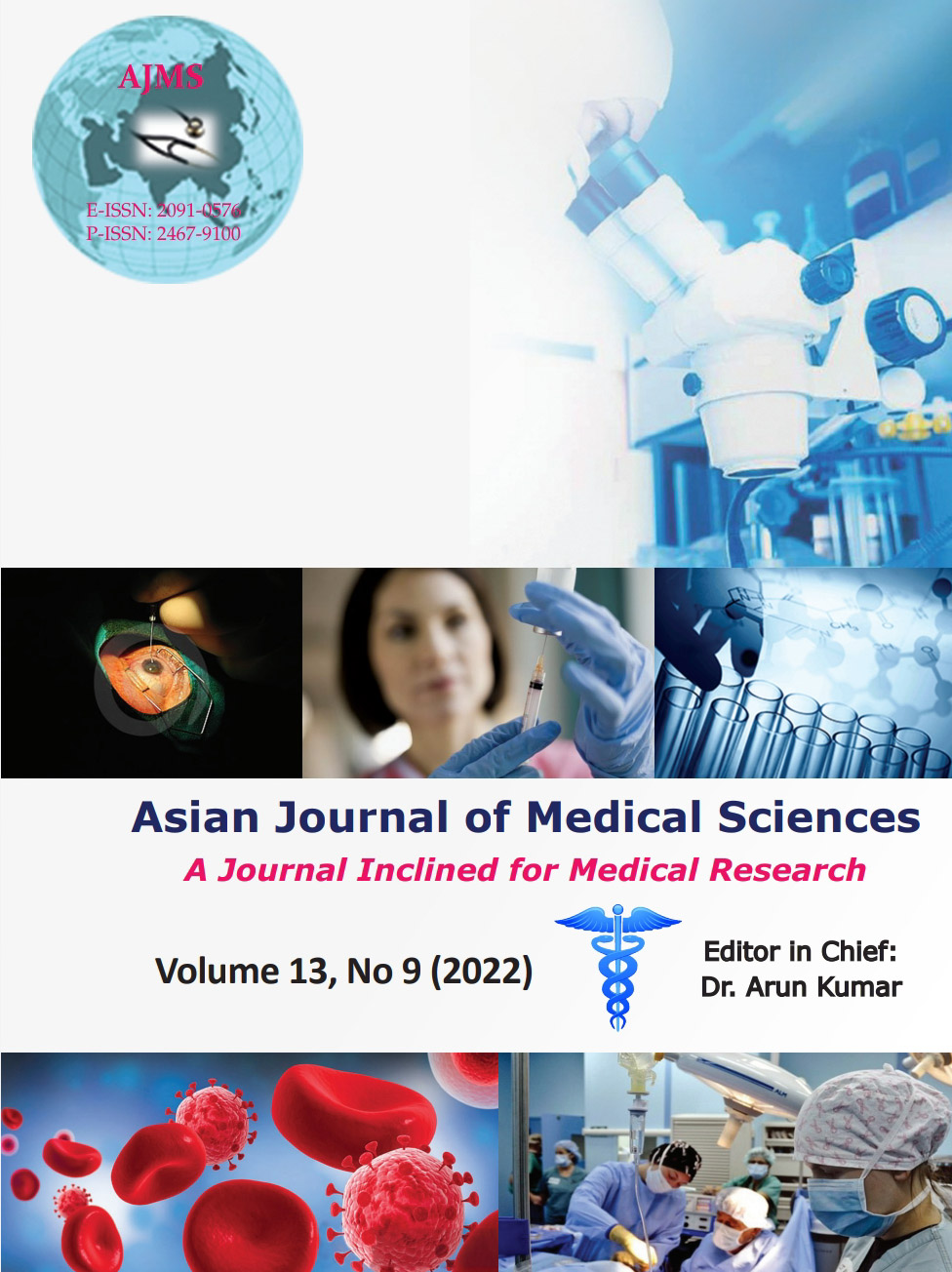Malaria vaccine: The tale of terror, triumph, tyranny, and trust
Keywords:
Africa; Asia pacific; Endemic; Malaria vaccine; Malaria; WHOAbstract
Malaria is an endemic disease in a true sense. It is an acute febrile disease caused due to the parasite Plasmodium. However, unlike COVID-19, it failed to raise an international concern or gain the scientific limelight. Most of the 200 million globally affected by malaria, half of them are from Africa. Four of the nations, Nigeria (25%), the Democratic Republic of the Congo (11%), Mozambique (5%), and Uganda (4%), account for half of the world’s malaria burden and is the leading cause of illness and death. In 2019, an estimated 5–6 million people died of malaria – most of them are young children in sub-Saharan Africa. Many of the countries affected by malaria have the lowest economic status. In the malaria-endemic region, the most vulnerable groups are young children and pregnant women. The costs of malaria are enormous to individuals, families, communities, societies, and nations. After a struggle for three decades, the much-awaited malaria vaccine, RTS, S (brand name Mosquirix), was finally launched; but it came with its controversies and allegations. This review explored the different angles of this disease, the vaccine development, and the emerging debates.
Downloads
Downloads
Published
How to Cite
Issue
Section
License
Copyright (c) 2022 Asian Journal of Medical Sciences

This work is licensed under a Creative Commons Attribution-NonCommercial 4.0 International License.
Authors who publish with this journal agree to the following terms:
- The journal holds copyright and publishes the work under a Creative Commons CC-BY-NC license that permits use, distribution and reprduction in any medium, provided the original work is properly cited and is not used for commercial purposes. The journal should be recognised as the original publisher of this work.
- Authors are able to enter into separate, additional contractual arrangements for the non-exclusive distribution of the journal's published version of the work (e.g., post it to an institutional repository or publish it in a book), with an acknowledgement of its initial publication in this journal.
- Authors are permitted and encouraged to post their work online (e.g., in institutional repositories or on their website) prior to and during the submission process, as it can lead to productive exchanges, as well as earlier and greater citation of published work (See The Effect of Open Access).




